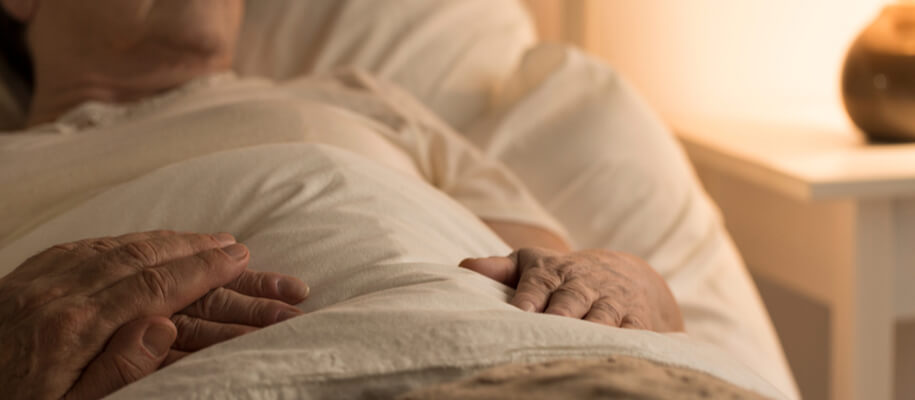The Signs of Depression in Seniors With Alzheimer’s Disease

The Signs of Depression in Seniors With Alzheimer’s Disease
October 16, 2020 0 Comment Category: Respite CareDepression is a common psychological condition that is associated with changes in a person’s mood. It also leads to low interest in activities, causing significant impairment in everyday life. According to the American Psychiatric Association, depression is a “serious medical illness that negatively affects how you feel, the way you think, and how you act.” However, it can often be treated with timely medical intervention.
According to the Alzheimer’s Association, nearly 5.8 million American’s live with Alzheimer’s disease, and this population is often overrepresented in the houseless community. Recuperative care and respite care facilities such as Horizon Recuperative Care often serve local communities like Los Angeles County and Orange County in helping unhoused patients find help with their mental health
Alzheimer’s and Depression
Studies say that around 40% of older adults with dementia can also have depression. Symptoms of both the conditions often overlap and cause a challenge for caregivers in identifying whether it’s depression or the specific form of dementia. The Alzheimer’s Association says that the condition can affect patients in the early and middle stages of Alzheimer’s disease.
As most seniors struggle to communicate and cannot accept that they have memory impairment, it often leads to isolation, separation from others, and depression. Nevertheless, identifying the signs of depression in seniors with Alzheimer’s is essential to treat proper measures in time. Otherwise, it can lead to further complications and impact the quality of their lives negatively.
Signs of Depression in Seniors With Alzheimer’s
Seniors with Alzheimer’s disease or any other type of memory loss disorder often experience lethargy and temperament changes and show loss of empathy, insensitivity, or antipathy. They also prefer self-isolating because of the fear of embarrassment due to their cognitive decline. Note that these symptoms can occur in any patient with Alzheimer’s, so it is crucial to consult with a primary healthcare provider or recuperative care service as soon as you notice these signs becoming worse in an elderly community member.
You can combat the effects of depression in seniors with Alzheimer’s disease or any other form of dementia by following the below tips. In most cases, it can even help to avoid developing a severe case of depression.
- Focus on happiness: Celebrate every moment in life and promote joy and happiness to keep their mood elevated. Working together to find transitional housing may create a much-needed sense of support and happiness.
- Find a purpose: Instill a sense of purpose by organizing meaningful daily activities like pet care or gardening. Recuperative and respite care services offered at Horizon Recuperative care also include training in life skills during their transitional stay.
- Engage in fitness: Motivating a senior to be physically active and perform low-impact exercises as per their health conditions can help in assisting their mental health and cognitive awareness.
- Converse a lot: Keep conversations alive with unhoused seniors, be it about the local news, or their health conditions.
- Ensure good sleep: Make sure that your senior gets a good night’s sleep to help maintain their overall physical and mental well-being. Working together with a recuperative care center can help move the unhoused senior into transitional housing and off the streets for a restful sleep.

leave A comment